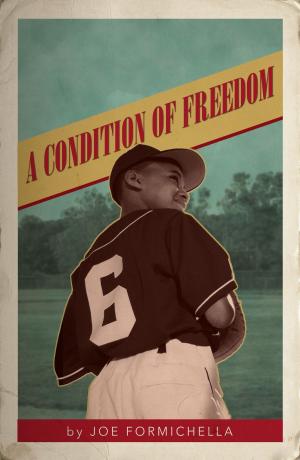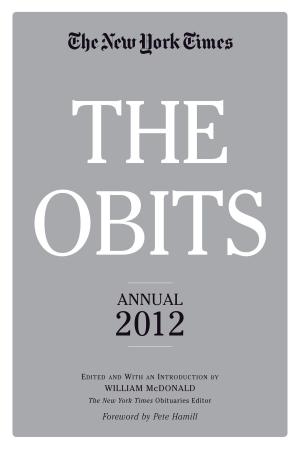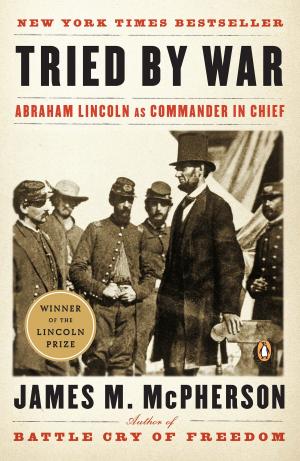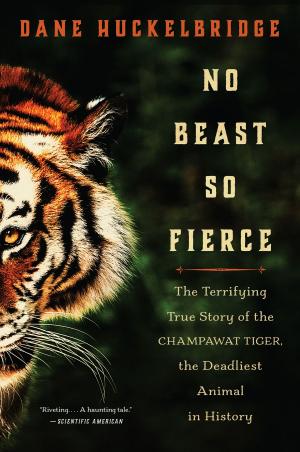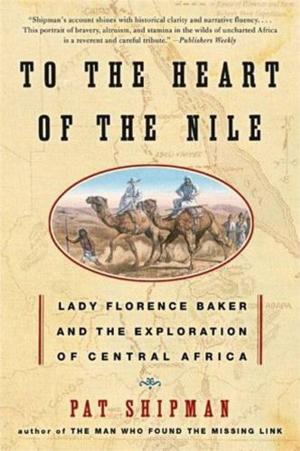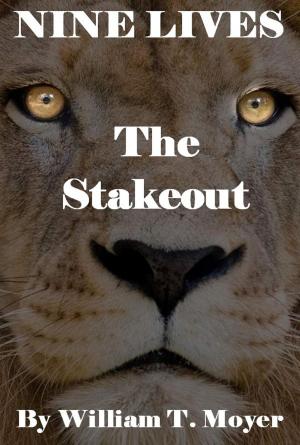Jack the Young Cowboy
An Eastern Boy's Experiance on a Western Round-up
Fiction & Literature, Action Suspense, Classics, Biography & Memoir| Author: | George Bird Grinnell | ISBN: | 1230000289759 |
| Publisher: | FREDERICK A. STOKES COMPANY PUBLISHERS | Publication: | January 5, 2015 |
| Imprint: | Language: | English |
| Author: | George Bird Grinnell |
| ISBN: | 1230000289759 |
| Publisher: | FREDERICK A. STOKES COMPANY PUBLISHERS |
| Publication: | January 5, 2015 |
| Imprint: | |
| Language: | English |
Jack's cowboy life began just as a great change was sweeping over the cattle range. Cattle had first been brought into the country only a few years before—old-fashioned long-horns driven up over the trail from Texas.
In those days the people in the West were not many. Towns were small, farms almost unknown, wagon roads few. Except about the pastures of the larger ranches, there were no fences. Over most of the land the cowboy roamed alone.
His seemed a life of romance. Free as the birds, he wandered over the wide range, going when and where he pleased. But this romance was only apparent. No man worked harder than he, or for less reward. His toilful days and short broken nights; his small pay and his poor food were recorded in the songs that he sang as he rode about the cattle. This was in the early days of the cattle industry.
A little later, on the plains came a change from pioneer conditions to those approaching luxury.
The earlier cattlemen in the North—those who ranged their stock on the Platte and the various forks of the Loup River—made great profits. Yet as time went on they saw competition constantly growing sharper and ranges being overstocked. As the news of their profits drifted eastward many young men, allured by the romance of the cowboy's life, and ignorant of its actual conditions, came into the cattle country. These believed that success with cattle was to be attained by riding about and watching the cattle increase and grow, and shipping them to market when they had grown. They were glad to be interested in a business at once so agreeable and so profitable; and many a one exchanged his money for a herd, a brand and some log buildings, and rode over the range awaiting the advent of his riches. Many of the early cattlemen sold their herds to the newcomers, who, somewhat later, discovered that with the cattle they had bought also much experience.
These changes were in operation when Jack entered on his cowboy life.
Jack's cowboy life began just as a great change was sweeping over the cattle range. Cattle had first been brought into the country only a few years before—old-fashioned long-horns driven up over the trail from Texas.
In those days the people in the West were not many. Towns were small, farms almost unknown, wagon roads few. Except about the pastures of the larger ranches, there were no fences. Over most of the land the cowboy roamed alone.
His seemed a life of romance. Free as the birds, he wandered over the wide range, going when and where he pleased. But this romance was only apparent. No man worked harder than he, or for less reward. His toilful days and short broken nights; his small pay and his poor food were recorded in the songs that he sang as he rode about the cattle. This was in the early days of the cattle industry.
A little later, on the plains came a change from pioneer conditions to those approaching luxury.
The earlier cattlemen in the North—those who ranged their stock on the Platte and the various forks of the Loup River—made great profits. Yet as time went on they saw competition constantly growing sharper and ranges being overstocked. As the news of their profits drifted eastward many young men, allured by the romance of the cowboy's life, and ignorant of its actual conditions, came into the cattle country. These believed that success with cattle was to be attained by riding about and watching the cattle increase and grow, and shipping them to market when they had grown. They were glad to be interested in a business at once so agreeable and so profitable; and many a one exchanged his money for a herd, a brand and some log buildings, and rode over the range awaiting the advent of his riches. Many of the early cattlemen sold their herds to the newcomers, who, somewhat later, discovered that with the cattle they had bought also much experience.
These changes were in operation when Jack entered on his cowboy life.








